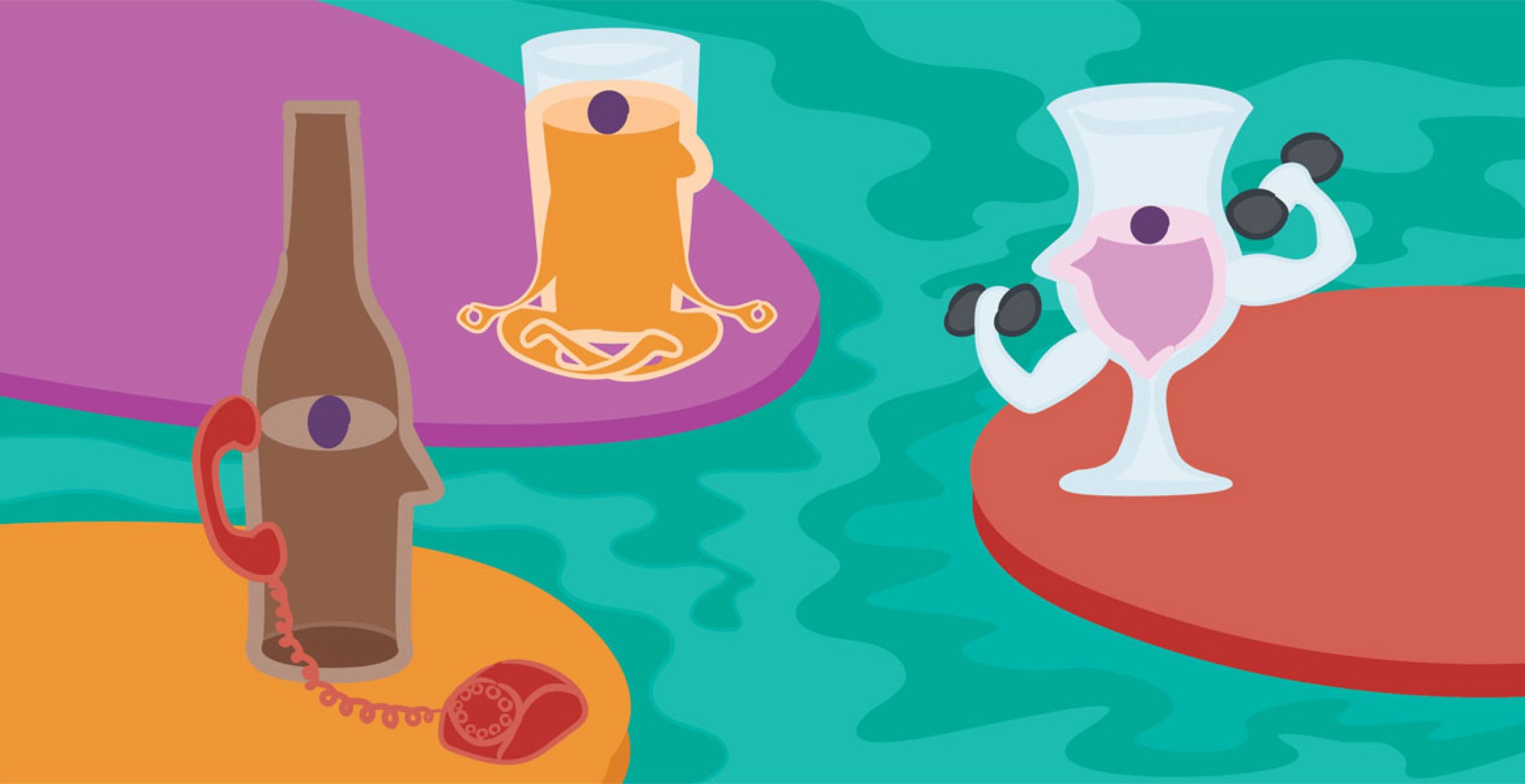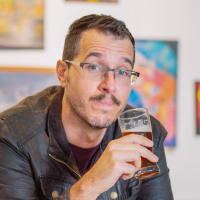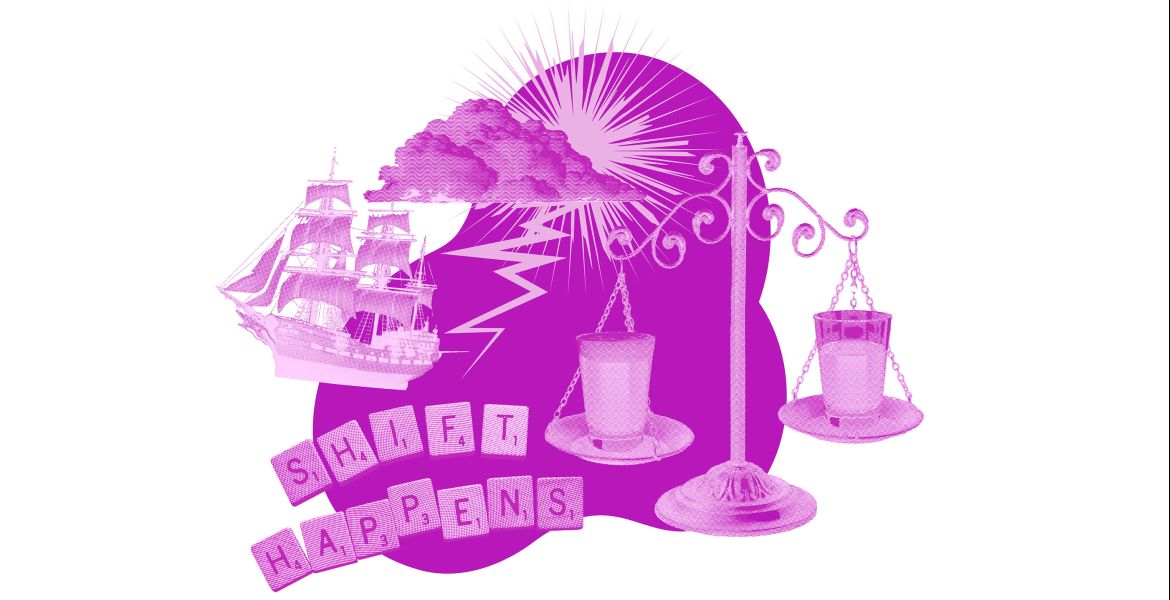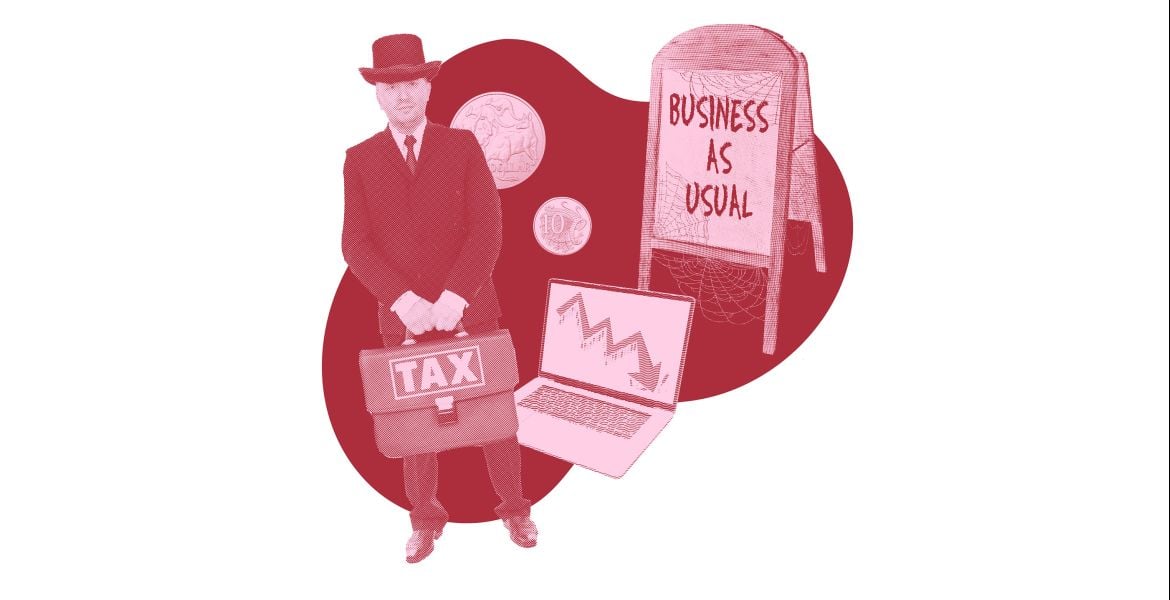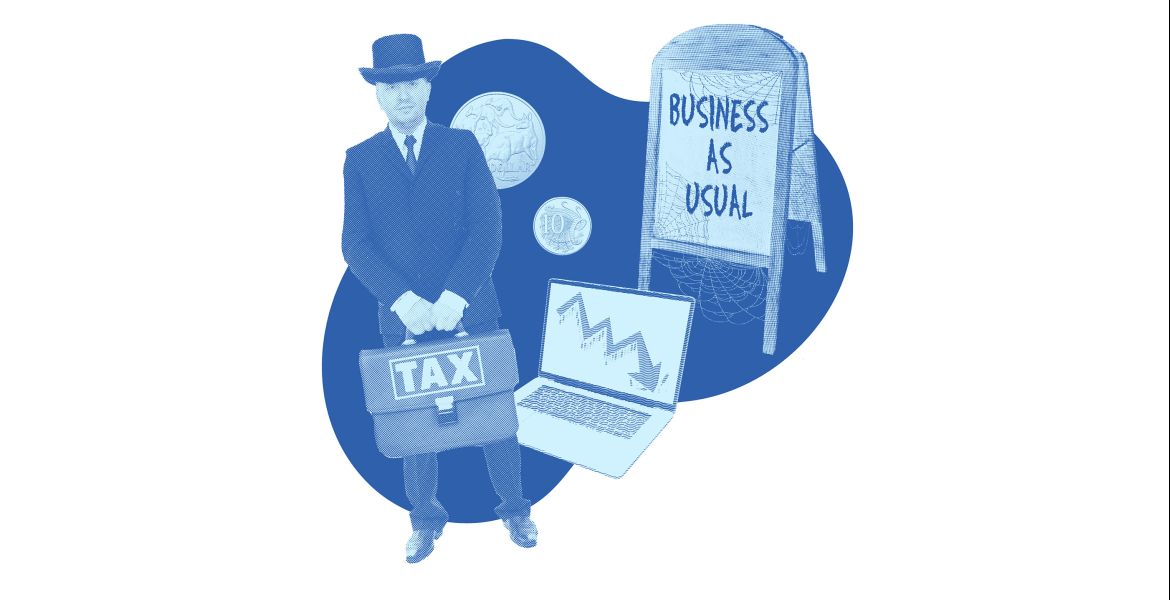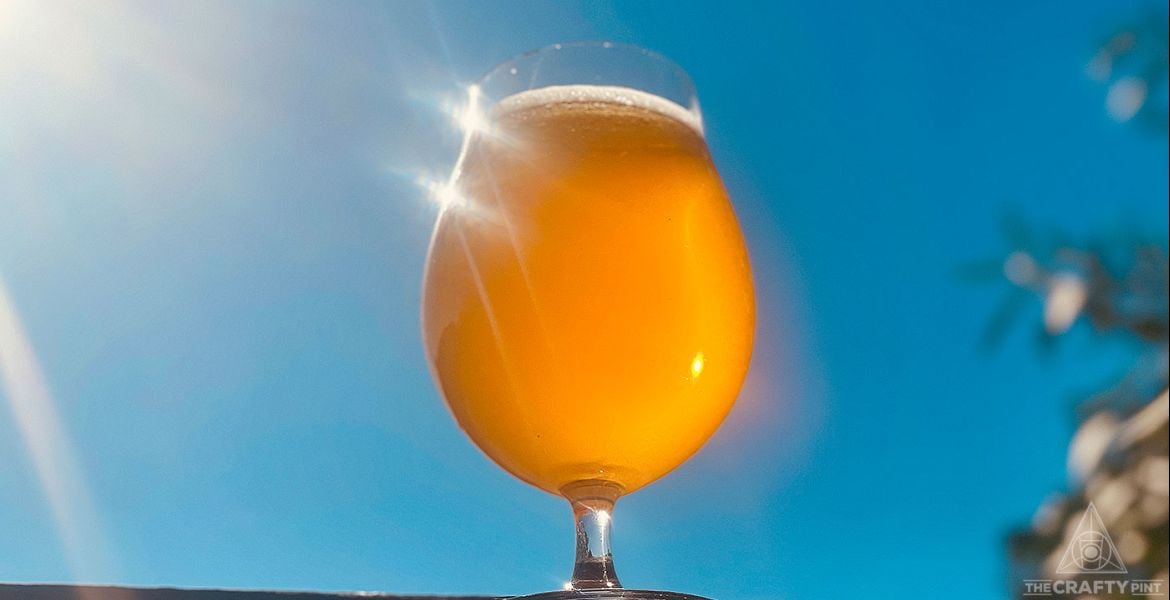In part one of this two-part exploration of mental health challenges during the COVID-19 pandemic, Mick Wust spoke to people throughout the industry and a health expert about the unique way the events of the past few months have impacted people in and around the beer industry.
Here, he speaks to them about the ways in which we can address these challenges.
LOOK AFTER ONE ANOTHER
At the end of the first feature in this mini-series, Young Henrys co-founder Rich Adamson spoke of the collegiate nature of the beer industry, and how "we do like hanging out with each other under normal circumstances!"
And it's that phrase – "under normal circumstances" – which speaks volumes about the difficulties of the present situation.
Under normal circumstances, catching up with friends for a beer is one of the ways we can find enjoyment in life; today, that’s more difficult in many places, and actually a breach of the law in locked down parts of Australia.
Under normal circumstances, we turn to our support network when we’re feeling low… but that’s strained at the moment.
Under normal circumstances, we have hundreds of incidental interactions every week between friends, between staff and customers, between managers and employees, and workplaces thrive on shared experiences and shared problem solving.
“That’s part of the energy we feed off and why a lot of us are in this industry,” says Peter Sherwood, venue manager at The Empress in Melbourne, where lockdown has forced the pub to function solely as a takeaway venue. “There’s something uniquely depressing about an empty pub on a Friday night.”
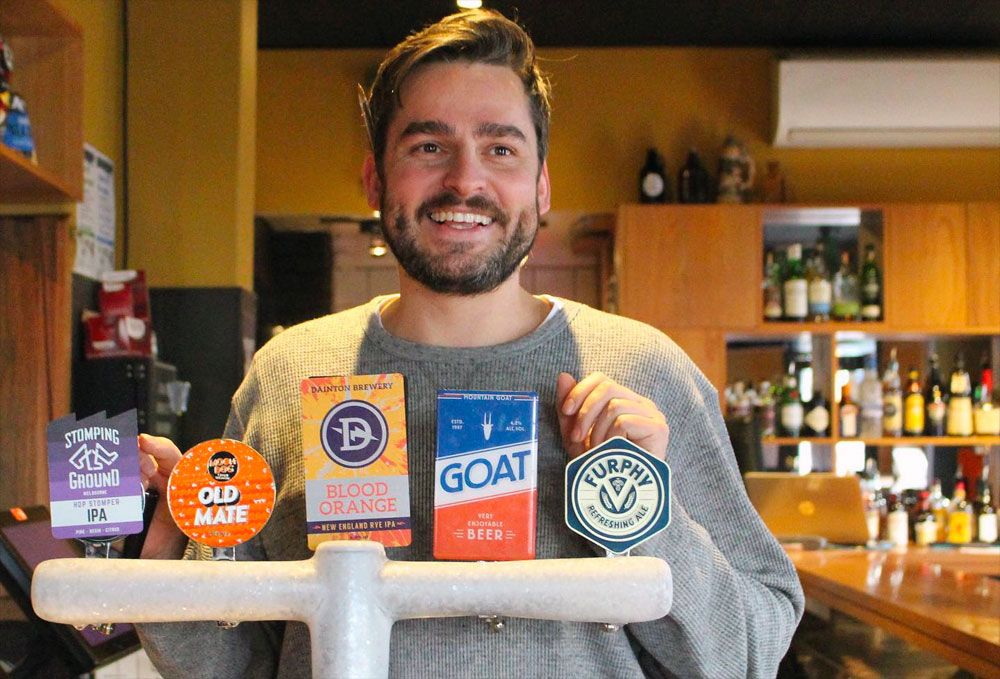
In these non-normal circumstances, when the usual channel of seeing each other face-to-face has been removed, we have to be intentional about connecting – for the sake of our businesses, our mental health, and our shared humanity.
When he found himself struggling, Peter turned to his own staff to talk about what he was going through, and found that talking to them about it – and hearing how they were feeling – was enormously helpful.
“It’s important to realise that you’re not the only person going through it,” he says. “Reach out to your colleagues, speak to them and be honest about it and admit that’s it’s kind of shit.”
While people in all kinds of jobs can’t wait to get away from their co-workers at the end of the day or the working week – and who have perhaps found working from home to be a welcome change – that seems to be rare in the beer industry.
Ainsley Killingback, head of beer at Boilermaker House in Melbourne’s CBD, sees her co-workers as some of the closest people in her life.
“Hospitality is a lifestyle, it’s not just a job; you spend about 50 hours a week with the same four people and they very quickly become your family,” she says.
For her, it’s a no-brainer to act as part of their support network and keep them close even when physically separated by lockdown restrictions.
“Even just being on the phone to staff all the time, obviously you can’t really offer to bring them meals but you can put them in touch with resources and just listen.”
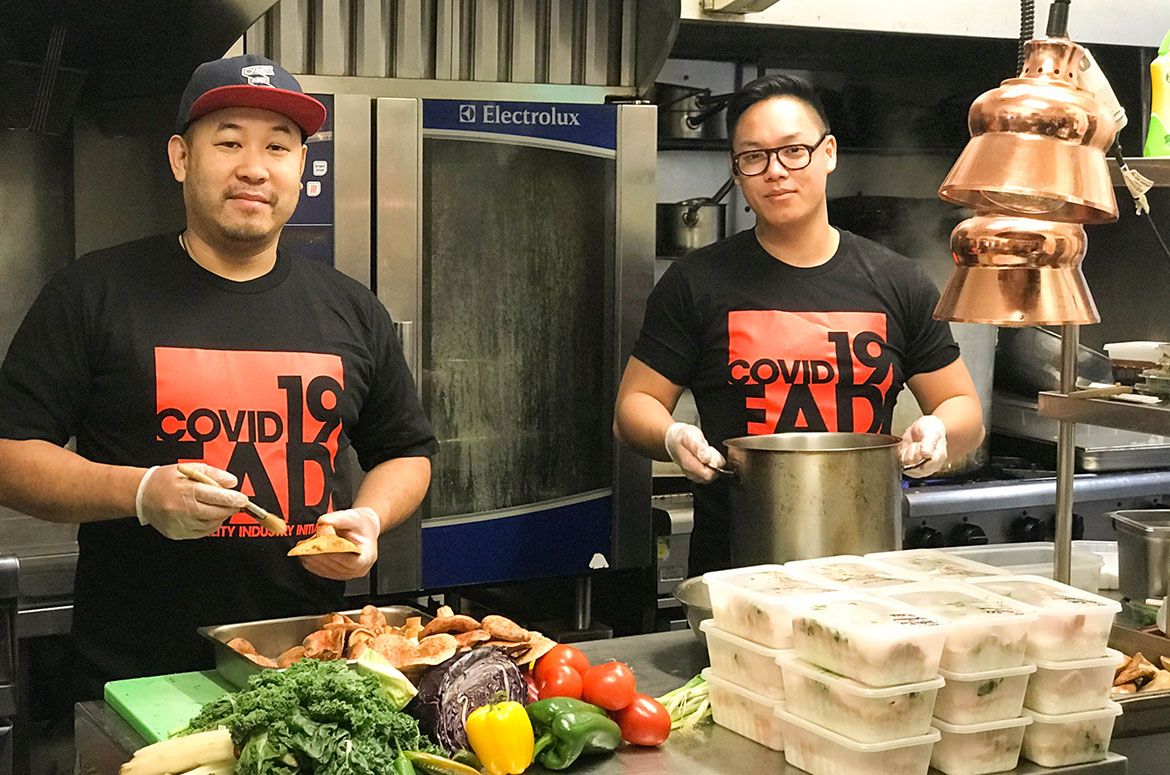
Between talking with her colleagues, having sales reps check in on her, and witnessing initiatives like CoVid-19EAD, which saw thousands of meals go to hospo workers doing it tough, Ainsley has truly seen the value of the beer world.
“It goes to show that the community itself is like a family.”
Unfortunately, physical distancing and lockdown restrictions aren’t the only aspects of the pandemic making it difficult to maintain such connections at this time. When talking about the importance of community, Dr Jarrod White, a clinical psychologist working at The Mind Room in Melbourne, pointed out that poor mental health can present its own barriers that work against us in this arena.
“Sometimes when we feel depressed we want to isolate even more, when we feel lonely we want to isolate even more," he says, "and it’s actually hard not to do that. But it’s so important to find ways to still connect.”
A number of the entries in our Postcards from the Edge series showcased the creative ways people had fashioned to keep connecting with others: the #dontdrinkalone campaign sparked a flurry of virtual cheers videos; Servo Bingo allows punters to livestream a pub game from The Thirsty Crow to their living room; and Craft Beer Coopery’s isoMATE packages give two people the tools to have a healthy conversation over a beer even when they can’t catch up in person.
We humans – even those of us who are introverts and love our alone time – thrive when we’re part of something bigger. It’s what makes the beer community so good in the first place. Whether by grabbing hold of one of these fun new ways to hang out, or just making time to chat with a friend, being part of a community is invaluable to our wellbeing.
Jarrod says finding ways to connect, whatever they are, is valuable in and of itself. There are so many different online communities – people are doing Zoom trivia, Zoom parties, whatever – but even if you don’t like trivia, that can help give you that sense of belonging, that sense of community.
“It can’t be overstated, [the importance of] that connection when we’re losing other connections.”
BACK TO BASICS
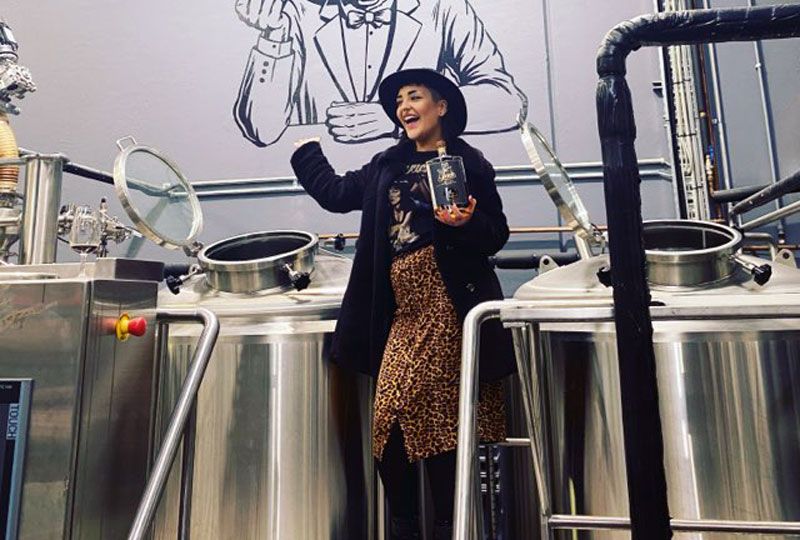
In between phone calls and knock-off drinks over Zoom and games of Servo Bingo, it’s also important for us to lock in healthy habits that keep us strong – more than ever at a time when the world seems to want to drag us into an infinite vortex of booze, comfort food and Netflix.
Even in Melbourne, where people are limited to one hour of exercise a day and reduced income can impact what groceries people can afford, Ainsley says it’s important to focus on looking after yourself.
“The big one for me is to go back to basics – make sure you have enough sleep, are eating well and get your exercise in.”
When COVID first hit like a hurricane and swept us off our feet, it was easy to feel as if fried food and Tiger King were the only anchors we could hold onto – even if they made us feel worse afterwards. Now we have slightly more idea what to expect, hindsight can give us a second chance to look after ourselves better.
Two Birds co-founder Jayne Lewis, for one, has committed to taking that awareness and responding to the current restrictions in a different manner to the first time around.
“I didn’t do very much in terms of things that were going to make me feel good. I probably felt more depressed in the first lockdown personally, so I’m going to do in the second lockdown what I wish I’d done in the first one!
“I’ve been doing regular yoga, which I always know makes me feel better, trying to eat better, trying to get some sleep, and have a couple of alcohol free days every week.”
It’s a sad reality that some of us find it hard to prioritise self care. Perhaps a helpful way of reframing it can be to look after yourself as you’d look after a friend or family member going through a tough time.
While from the beginning she was dedicated to caring for others, Jayne has re-affirmed the value of caring for herself.
“I want to be nice to myself in 20 years," she says. "I’m making sure I’m actually doing some exercise, trying to get out in the world, get out and get some sun, or go for a walk, or something like that. That can really change your brain and change how you’re feeling about things.”
ACCEPTANCE & THE BIGGER PICTURE
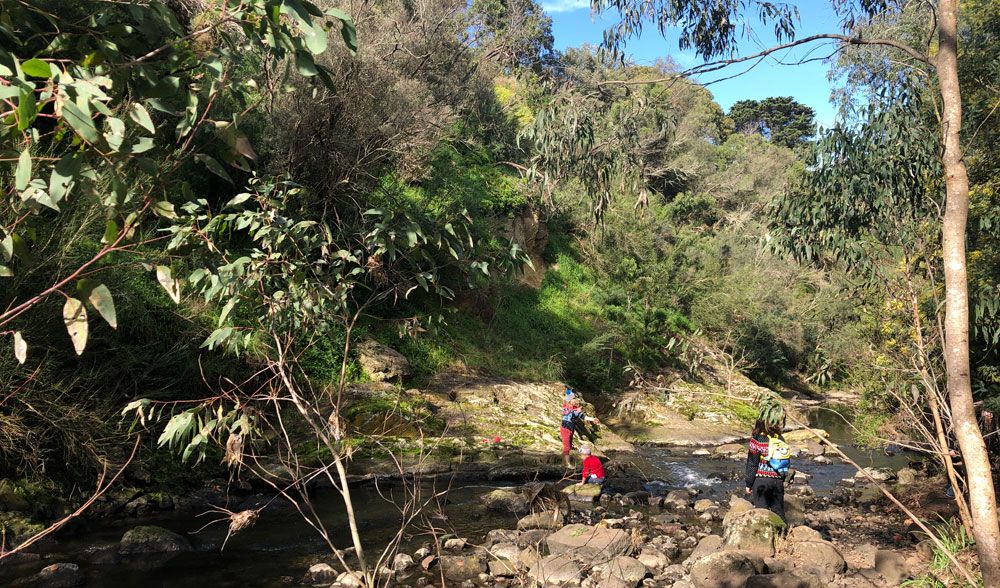
We’re tired.
Our corona hobbies have fizzled out, our sourdough starters have died, and being told we have to “do our best” is draining. There are days when there’s nothing left in the tank. At times like this, it’s crucial we don’t just try to "do more".
Sometimes, when it comes to looking after ourselves, the most important step is to adapt our expectations and change our perspective. Our expectations can be our own worst enemy – thinking things will be "back to normal soon" can just lead to disappointment and a sense of hopelessness can creep in.
When things are difficult, Jarrod talks about a few unlikely (and sometimes unpopular) steps we need to take: grieving and accepting our situation
“It’s often resisted because we don’t want to accept things we don’t like, but it’s not about giving up. It’s about accepting the facts of our situation – what we have, and what we don’t have – instead of catastrophising.
“With acceptance comes grieving. I think we do lose things in this time, and I think that when you lose something, you’re sad, you grieve.
“Sadness is an emotion that happens when we lose something that’s important to us. And the function of sadness is that it helps us prioritise what’s important.”
There’s no denying people are facing very real problems, such as losing a job, or struggling with finances, or being kept from loved ones. But the problem can multiply when this causes anxiety that dominates our thinking and takes over our lives.
“One feature of anxiety is that your vision gets narrowed, and you can’t really think of anything else,” Jarrod says. “That’s the function of it – you narrow the function to just one thing, so you can deal with the thing in front of your eyes.
"The problem with that is you don’t see the bigger picture.”
One of the keys to remaining mentally resilient during these times is keeping a sense of perspective. Jarrod says that while we often link our whole identity to things like our jobs and our finances, zooming out and taking a look at the big picture can help us to face these hardships from a position of strength.
“There’s so much of our identity that’s bound to what we do, and what we have. And I think that really forced people to question who they are. A lot of self reflection, trying to figure out, ‘If I’m not this, then what am I, and where can I go?’
“Seeing the bigger picture is definitely huge in working with that kind of anxiety. Whether that be your own bigger picture – in terms of this is a moment in your life – or the world’s bigger picture, a wider lens.”
Sometimes we all need to remind ourselves that we are bigger than our jobs. That our value doesn’t lie in how well we’re handling our problems.
And, since we know we don’t need to do any of this alone, it’s also helpful if we can remind those around us who aren’t managing to hold onto this truth, assuring a friend by telling them: “You are not what you do” can mean a lot when they’re doing it tough.
A new normal?
At the beginning of the first lockdown, when everyone’s thoughts and conversations were flooded with doom and gloom, I wanted to take an active role in improving the lives of people around me – even when I couldn’t leave the house. I dubbed myself the Designated Unofficial Morale Booster (DUMB), and went from not posting on Facebook to flooding people’s walls with hedgehog videos, stupid ideas for having fun during lockdown, and a month-long marble racing racket.
Because, at the end of the day, there aren’t easy fixes to all of our problems, and there aren’t answers to all of our questions.
But there is hope.
Perhaps Jayne puts it best: “We keep talking about ‘new normals’… I don’t even remember what ‘normal’ is. No idea what it’s going to be in the future. Can’t recall what it was before.
"I’m very much in the camp of – let’s craft something better.”
You can read part one of this mini-series here.
On August 12, 2020, the Victorian Government announced a $26 million program to address the mental health needs of sole traders and small businesses. Details are available here.
For support surrounding mental health issues, you can contact:
- Lifeline on 13 11 14
- Suicide Call Back Service 1300 659 467
- Beyond Blue on 1300 22 46 36
- MensLine Australia 1300 789 978



